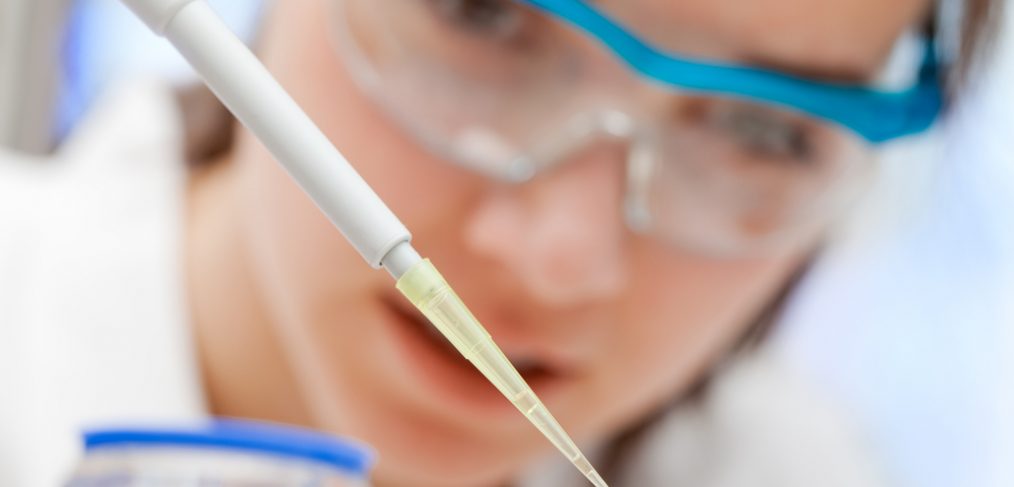Very few people are excited about growing old and the aging process. Sure, we want to think we will live long, healthy and fulfilled lives but unfortunately that is rarely the case among the elderly. Diseases such as cancer, heart disease, diabetes, osteoarthritis and neurological degenerative disease like Alzheimer’s. So many products or ingredients have been labeled as “the fountain of youth,” and some of these truly are beneficial to age-related illnesses. For instance, resveratrol has been shown to increase the rate of apoptosis (the process of cancer cells destructing themselves) in addition to providing the benefits of following a calorie-restricted diet. Aging goes far beyond wrinkles and age spots, and scientists are focusing specifically on whether the blood of the young may be beneficial in slowing or reversing the aging process.
The Research
Research on the elderly and the diseases that occur in old age has generally focused on a specific disease or condition: cancer research, Alzheimer’s research, cancer research, etc…However, each of these diseases are often impacted by the aging process, so scientists at Stanford University decided to tackle solutions for aging in general. It may come as a surprise the study of young blood and elderly patients actually started in the 1600s. In 1615, Andreas Labavius initially wanted to connect the arteries of a young man with the arteries of an old man. The German doctor and alchemist had a very hopeful view of the procedure saying, “[t]he hot and spirituous blood of the young man will pour into the old one as if it were from a fountain of youth, and all his weakness will be dispelled.” This account is featured in Sally Rudmann’s Textbook of Bloodbanking and Transfusion Medicine, though there is no record that this procedure actually happened. Research has continued on and off since the 1600s, but the manner in which the tests and experiments are done has changed drastically.
Some of the most recent research focuses on the proteins found in the blood and which of these proteins specifically benefits the blood of the elderly. Several proteins have been isolated and have been shown to have promising results, though scientists continue research and studies to learn more about this topic. Using mice, scientists have been able to show that the brains of old mice started growing new brain cells after receiving the blood of young mice. However, research is ongoing and it is believed that it will not be merely blood plasma that provides the positive results seen in these mice. In addition to the proteins found in blood, scientists believe a number of antibodies to neutralize the effect of aging in old blood.
The Implications
Though research has been promising and exciting thus far, there are some serious concerns. While it is legal to donate blood plasma in the United States, the notion that simply giving blood could potentially protect against the undesirable effects of aging makes the blood donations from young people likely to skyrocket. Blood Plasma Donation Centers are a legal way for individuals to donate blood, however, the fear is that this research could lead to a black market blood problem. Organs are already being harvested and sold illegally, so many fear that this would happen with blood as well.
Ultimately, the science is extraordinary and fascinating, though far from being used as a medically viable option. There may be, in the future, a way to stop the aging process, at the present the best you can do is be proactive. A lifestyle that includes a nutritious diet, exercise and keeping your mind active may also help you slow the aging process. Also, supplements with ingredients shown to have an impact on problems such as heart disease and cancer are worth taking a look at to help shield you from old age. Our Resveratrol supplement is a high-quality product that does contain anti-aging benefits. Stay as healthy as possible by taking an active role in your own health today.




